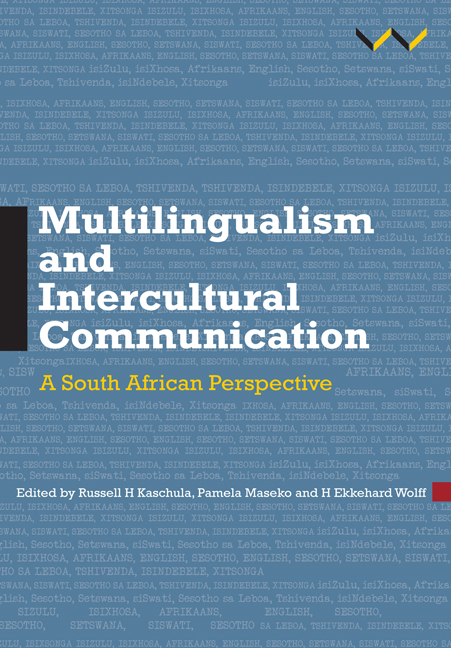Book contents
- Frontmatter
- Contents
- Tables and figures
- Preface
- Abbreviations and acronyms
- Central terms and concepts
- Introduction
- Prologue: The essentialist paradox in intellectual discourse on African languages
- Part One African language empowerment: concept formation and intellectualisation
- Part Two Language planning, terminology development and dictionaries
- Part Three Language in education
- Part Four Language in the professions: law, media, science and language technology
- 11 Language and law: ‘cultural translation’ of narratives into sworn statements
- 12 Language and media: isiXhosa in Journalism and Media Studies at a South African university
- 13 Using African languages to teach Science in higher education
- 14 The development of language technologies in the South African context
- Part Five Language, culture and intercultural communication
- Acknowledgements
- Contributors
- Index
12 - Language and media: isiXhosa in Journalism and Media Studies at a South African university
from Part Four - Language in the professions: law, media, science and language technology
Published online by Cambridge University Press: 23 March 2018
- Frontmatter
- Contents
- Tables and figures
- Preface
- Abbreviations and acronyms
- Central terms and concepts
- Introduction
- Prologue: The essentialist paradox in intellectual discourse on African languages
- Part One African language empowerment: concept formation and intellectualisation
- Part Two Language planning, terminology development and dictionaries
- Part Three Language in education
- Part Four Language in the professions: law, media, science and language technology
- 11 Language and law: ‘cultural translation’ of narratives into sworn statements
- 12 Language and media: isiXhosa in Journalism and Media Studies at a South African university
- 13 Using African languages to teach Science in higher education
- 14 The development of language technologies in the South African context
- Part Five Language, culture and intercultural communication
- Acknowledgements
- Contributors
- Index
Summary
Background
This chapter is a critical reflection on isiXhosa for Journalism (IFJ), a course offered to students of Journalism and Media Studies at Rhodes University in Grahamstown, South Africa. The course represents an intra-university partnership between the Department of African Language Studies (ALS) and the School of Journalism and Media Studies (JMS), but its academic home is the ALS. The chapter responds to the recognition, within research on teaching and learning in higher education, of the role that course evaluation can play in ensuring the integrity of the academic project (Trigwell 2001). The importance of evaluation is acknowledged in Rhodes University's own policy on teaching and learning (RU 2014), which states that ‘evaluation of teaching … is essential as a foundation for continuing professional and educational development within the University and as a base for quality assurance systems’. Boughey (2007) posits that such evaluation should not be performed purely as an administrative process of so-called ‘quality control’; instead, it should form part of reflexive and critical pedagogy. The discussion of the IFJ course demonstrates the importance of this reflexive understanding of evaluation to the achievement of curriculum transformation.
The chapter is organised around the discussion of three moments in the history of the planning and evaluation of this course. The first took place in 2009, when the course was approved by the Faculty of Humanities, as required for new credit-bearing courses in the university. In examining this moment we focus on the course proposal that was presented to Faculty by a task group made up of members of ALS and JMS. We argue that this proposal sought to demonstrate the role that language can play as a contributory tool for transformation of the curriculum in higher education. At the same time, it points to tensions resulting from the integration of a local language requirement in a vocational course, which we later confronted in the design and management of the course. Drawing on scholarship, we demonstrate that these tensions are inherent in the process of transformation that must occur in order to integrate multilingual practices within university environments.
- Type
- Chapter
- Information
- Multilingualism and Intercultural CommunicationA South African perspective, pp. 223 - 246Publisher: Wits University PressPrint publication year: 2017



